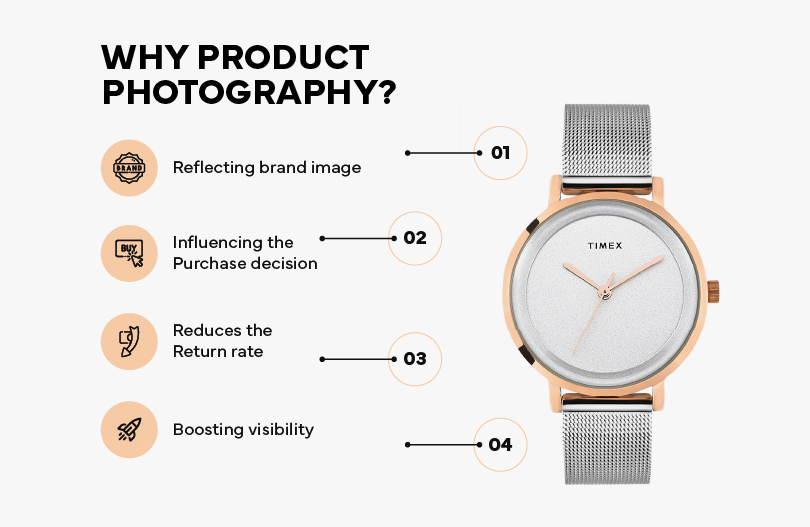
The Power of Influencer Marketing for Direct-to-Consumer (D2C) Brands
Direct-to-consumer (D2C) brands have been experiencing tremendous growth in recent years, thanks to the rise of e-commerce platforms and changing consumer behaviour. D2C brands are known for their innovative products, unique branding, and personalised customer experiences. However, with increased competition, it can be challenging for these brands to stand out in a crowded market. This is where influencer marketing can play a significant role in driving awareness, engagement, and ultimately, sales.
Influencer marketing is a form of social media marketing that involves partnering with influential individuals to promote a brand or product to their followers. Influencers are people with a significant social media following who have built a strong rapport with their audience based on their expertise, authenticity, and relatability. The main goal of influencer marketing is to leverage this trust and influence to reach a wider audience and drive engagement.
So, what makes influencer marketing such a powerful tool for D2C brands? Let’s take a closer look.
- Building Brand Awareness
For D2C brands, building brand awareness is essential to driving growth and attracting new customers. Influencer marketing can help with this by reaching a wider audience and increasing visibility. Influencers have a loyal fanbase that trusts their recommendations, which can lead to more exposure for your brand. This is especially important for D2C brands that may not have the same level of visibility as established brands.
- Targeted Audience Engagement
In addition to building brand awareness, influencer marketing can also help D2C brands engage with their target audience more effectively. Influencers often have a specific niche or demographic that follows them, which can be leveraged by brands to engage with their ideal customer.
- Authenticity and Credibility
One of the biggest advantages of influencer marketing is the authenticity and credibility that influencers bring to the table. Influencers have built a relationship of trust with their followers, which can translate into greater authenticity and credibility for D2C brands.
By partnering with influencers who align with their brand values and message, D2C brands can tap into this trust and create a more authentic connection with their audience. This can improve the perception of the brand and increase the likelihood of conversions.
- Cost-Effective Marketing
Compared to other forms of advertising, influencer marketing can be a more cost-effective option for D2C brands. With the right influencer partnership, brands can generate significant returns on investment (ROI) without breaking the bank.
Influencer marketing can also be more effective than traditional advertising methods, such as print or TV ads, as it allows brands to reach a more targeted audience. This can lead to higher conversion rates and a better ROI overall.

Tips for Successful Influencer Marketing Campaigns:
- Define Your Goals:
Before starting an influencer marketing campaign, it’s important to define your goals. Do you want to increase brand awareness, drive sales, or improve engagement? Defining your goals will help you choose the right influencers and create a strategy that aligns with your objectives.
- Select the Appropriate Influencers:
It’s essential to note that not all influencers possess the same level of impact. It’s important to choose influencers who align with your brand values and message, and have a loyal and engaged following. You can use tools like Social Blade or HypeAuditor to analyse an influencer’s engagement rate, demographics, and audience size.
- Be Authentic:
Authenticity is key in influencer marketing. Make sure the influencers you partner with genuinely love your products and believe in your brand. Influencers who promote products they don’t believe in can come across as disingenuous and damage their credibility.
- Develop a Clear Strategy:
Once you’ve identified your goals and chosen the right influencers, it’s important to develop a clear strategy. This should include the type of content you want to create, the messaging you want to convey, and the timeline for the campaign. A clear strategy will help ensure that all parties are on the same page and that the campaign is executed successfully.
- Provide Creative Freedom:
While it’s important to have a clear strategy, it’s also important to give influencers creative freedom. Influencers know their audience best and can create content that resonates with them. By giving them creative freedom, you’ll get more authentic and engaging content that is more likely to drive results.
- Measure Your Results:
To determine the success of your influencer marketing campaign, it’s important to measure your results. This can include metrics like engagement rates, website traffic, and sales. By measuring your results, you can determine what worked well and what didn’t, and make adjustments for future campaigns.





Leave a comment